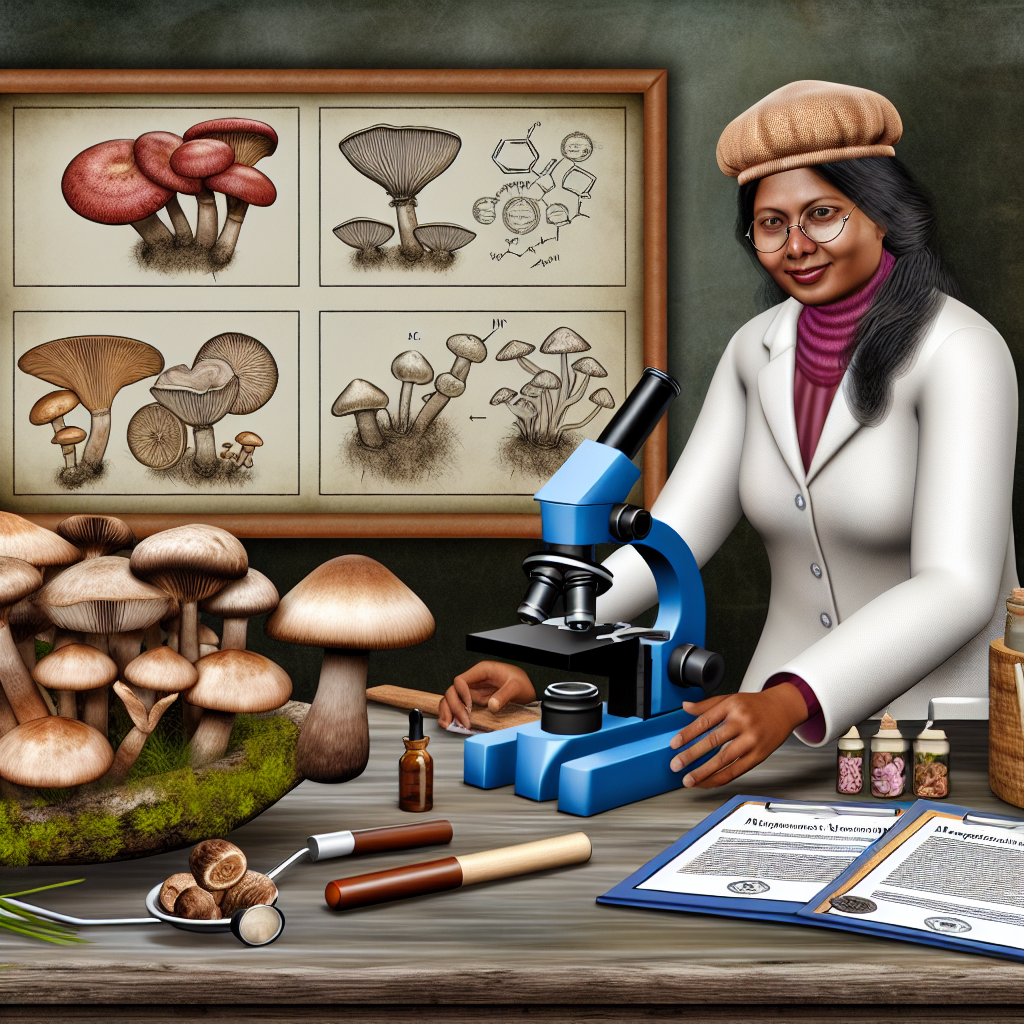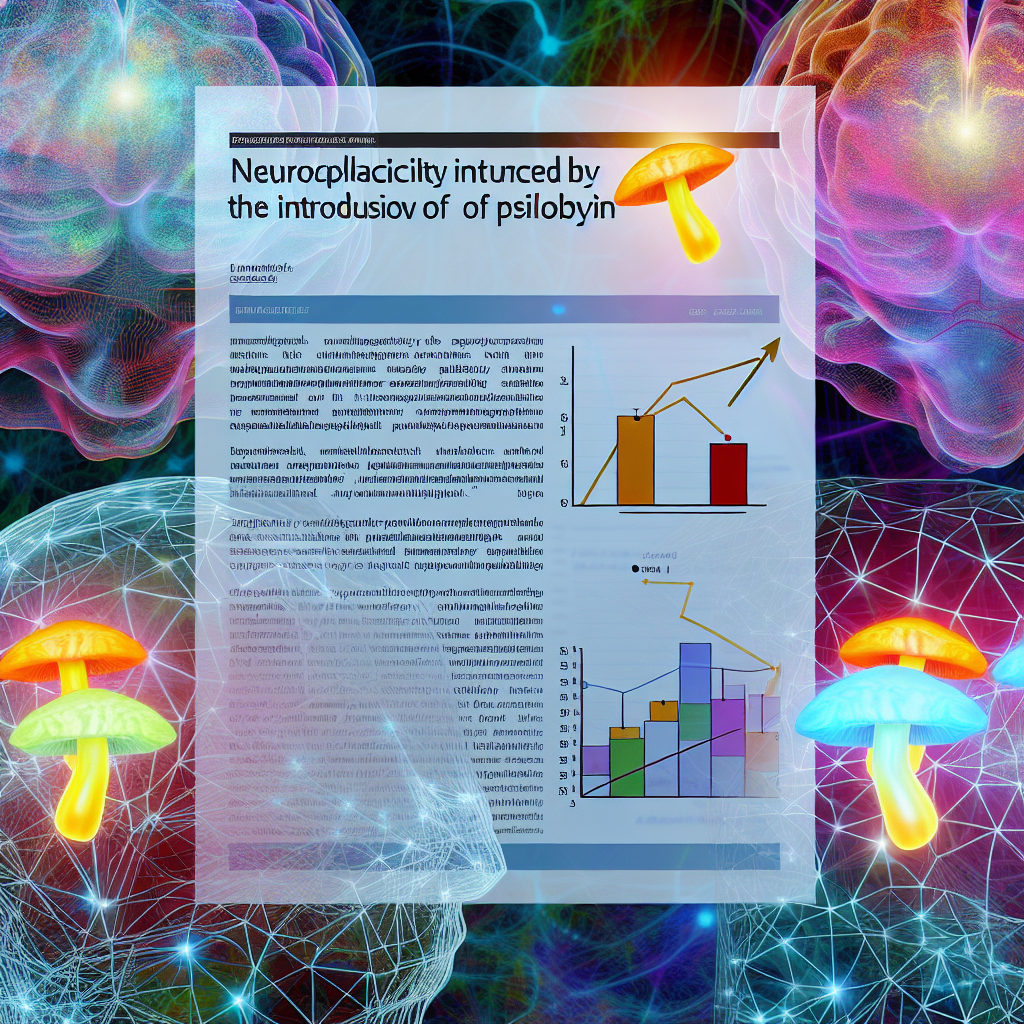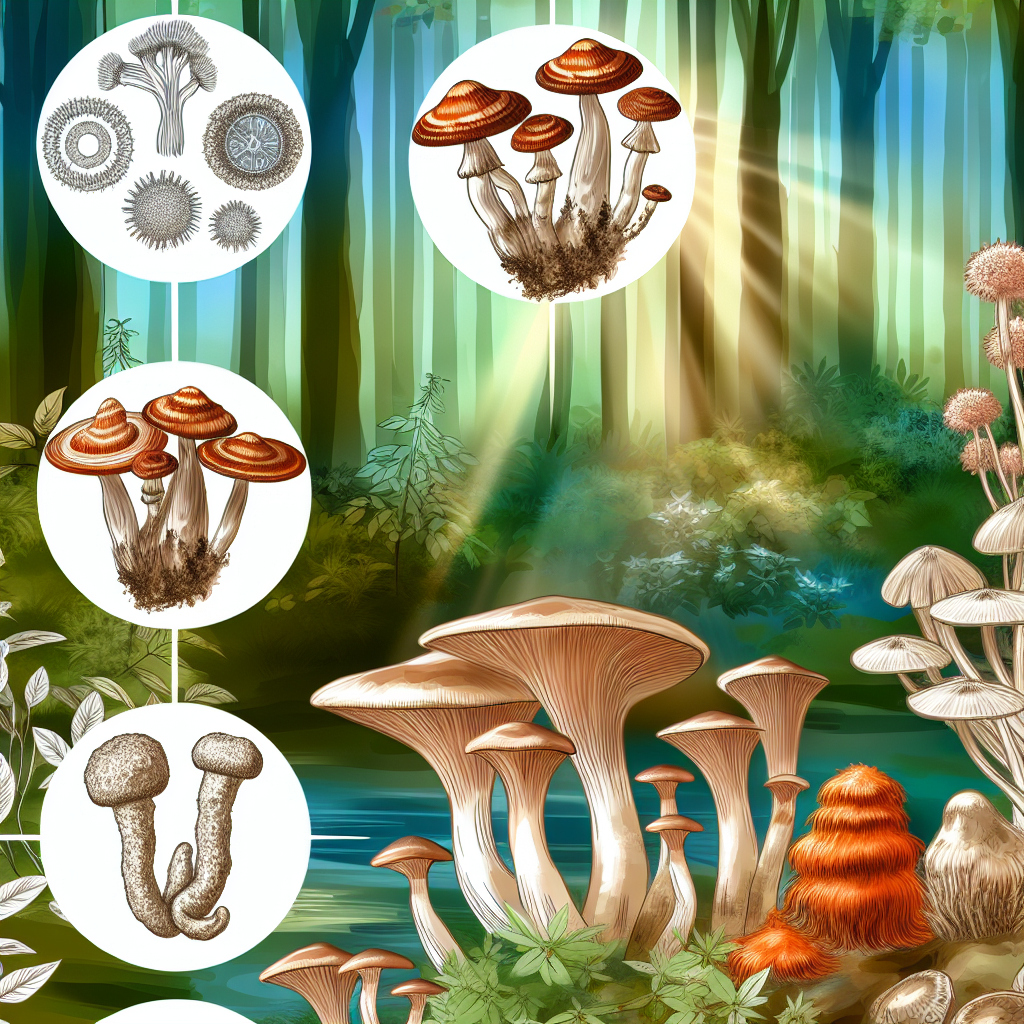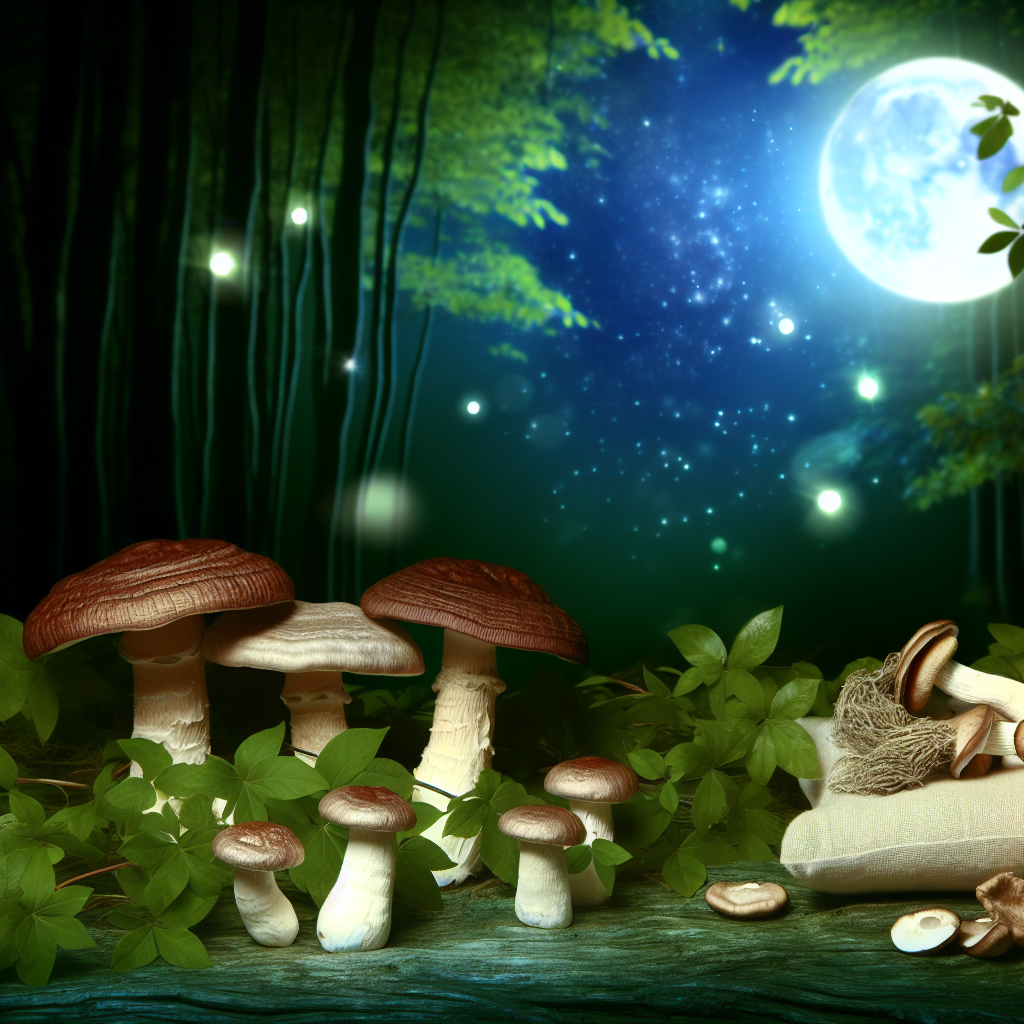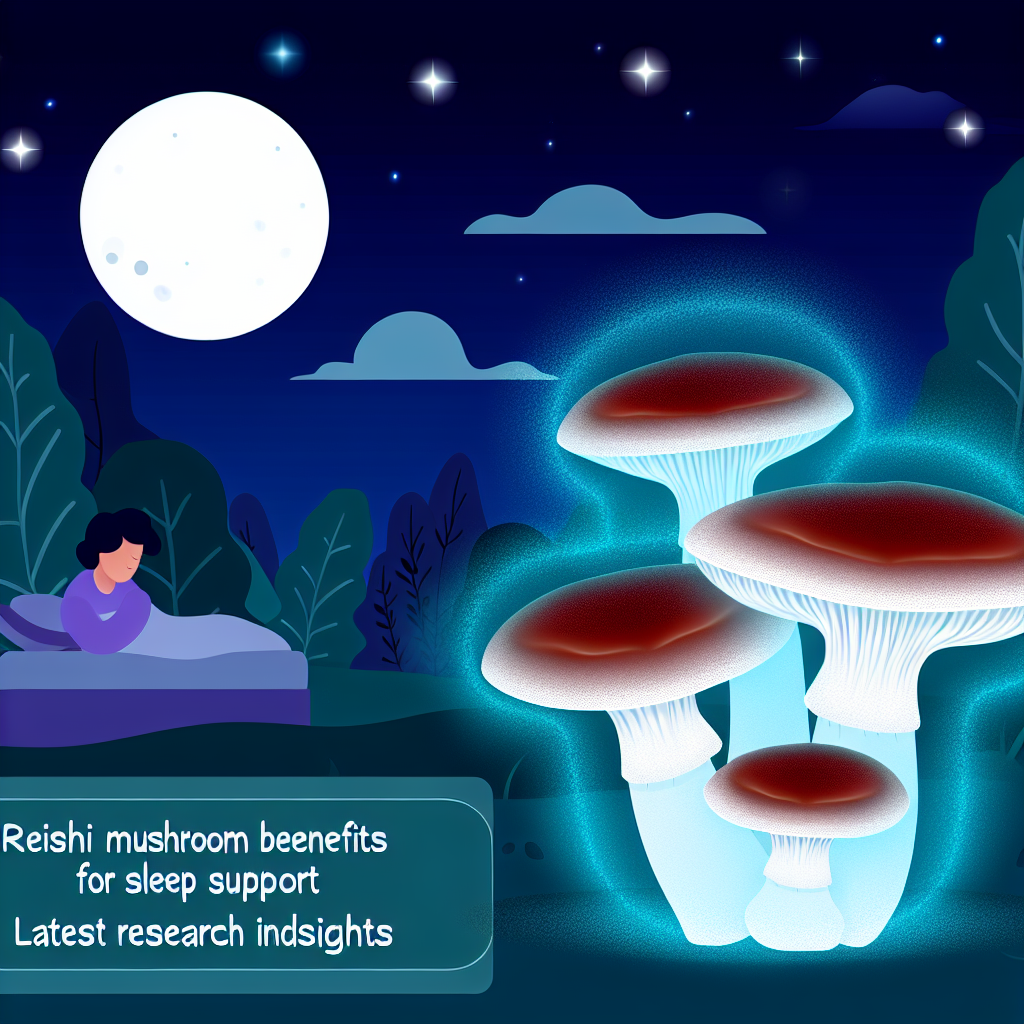# Medicinal Mushroom Certification Programs: Becoming a Qualified Mycotherapist
Unlock the healing power of fungi with formal training in mycotherapy—where ancient knowledge meets modern medicine.
Why Medicinal Mushrooms Are Reshaping Modern Healthcare
Medicinal mushrooms are quickly gaining recognition in mainstream medicine and wellness communities for their potential to support immune function, fight inflammation, improve cognitive health, and even assist in adjunct cancer therapies. As research continues to uncover the therapeutic benefits of fungi like reishi, lion’s mane, cordyceps, chaga, turkey tail, and psilocybin-containing mushrooms, there’s a growing demand for experts trained in the safe and effective use of these powerful organisms.
Mycotherapy—a practice that applies medicinal mushrooms as part of a holistic healing approach—and the increasing need for formal certification programs to ensure standardized education, ethical practice, and evidence-based application.
Mycotherapy is no longer confined to naturopathic or ancestral traditions. It is carving out a defined space within integrative medicine, functional nutrition, and psychiatric care. The call for credentialed professionals—qualified mycotherapists—has never been louder. Certification programs for medicinal mushrooms are emerging globally, offering healthcare providers, natural medicine practitioners, and mushroom enthusiasts a valuable path toward clinical competence and public safety.
The global mushroom market is expected to surpass $86 billion by 2028, with medicinal segments leading this explosive growth. Whether you’re a registered nurse hoping to integrate functional mushrooms into patient care, or a wellness coach guiding clients through holistic mushroom regimens, becoming a certified mycotherapist can boost both your career and the well-being of those you serve.
Inside Mycotherapy Training: Curriculum, Certifications & Career Pathways
The surge in scientific interest in medicinal mushrooms over the past two decades cannot be overlooked. Numerous peer-reviewed studies have validated their bioactive compounds, including beta-glucans, triterpenoids, and polysaccharides. A 2020 review in *Biomedical Research International* emphasized the immune-enhancing capabilities of mushrooms like reishi and turkey tail in supporting cancer treatments and improving host defense. Lion’s mane is earning particular attention for its potential in neuroregeneration and Alzheimer’s care.
This growing body of research fuels the demand for reputable, academically grounded certification programs. Examples of standout programs include:
– Mycotherapist Certification Program – MycoTherapy Institute (Europe): A comprehensive clinical and regulatory curriculum recognized by professional health associations.
– Medicinal Mushroom Program – Fungi Academy (Global/Online): Self-paced training combining Western and Eastern perspectives, ethical wildcrafting, formulation, and wellness coaching.
– Herbal Programs – Bastyr University & American Herbalists Guild (AHG): Herbalist-focused education incorporating fungi and traditional plant medicine.
– Psychedelic-Assisted Therapy Certifications – CIIS & MAPS: Ideal for mental health professionals preparing to integrate psilocybin into their practice under evolving legal frameworks.
Institutions like Johns Hopkins University have added considerable legitimacy to psilocybin research, with groundbreaking studies showing its effectiveness in treating anxiety, depression, and even substance use disorders. As more states and countries adopt legal frameworks for psychedelic therapy, the need for trained professionals grows even more urgent.
What You’ll Learn: Skills Gained in Medicinal Mushroom Certification Programs
Most certification programs are built on a balance of scientific evidence and traditional healing knowledge. Graduates are well-versed in both theory and application, covering these key areas:
– Mycology and mushroom identification
– Phytochemistry and pharmacology of fungi
– Clinical applications in immunity, neurology, oncology, and psychiatric care
– Ethical wildcrafting, sustainable sourcing, and environmental impact
– Legal issues, informed consent, and client safety
– Therapeutic protocols and real-world case studies
Graduates often go on to careers in:
– Integrative medical clinics
– Functional nutrition and health coaching
– Herbal pharmacies and wellness centers
– Educational workshops and retreats
– Fungal research and product development
Meet the Future of Healing: Why Certification Matters Now More Than Ever
As medicinal mushrooms continue to revolutionize integrative healthcare, becoming a certified mycotherapist ensures that you’re prepared to responsibly harness their therapeutic potential. Whether supporting mental health with psychedelic fungi or boosting immunity with adaptogenic species, formal certification is your key to delivering ethical, evidence-based, and safe care.
Mycotherapy sits at the cutting edge of a wellness revolution—bridging ancient wisdom and modern science. And with public interest and professional integration rapidly rising, there’s never been a better time to stake your place as a credentialed expert in the world of healing fungi.
—
Useful Resources
- Biomedical Research International: Immune-Modulating Effects of Medicinal Mushrooms
- MycoTherapy Institute – European Certification
- Fungi Academy – Online Medicinal Mushroom Course
- American Herbalists Guild
- Johns Hopkins Center for Psychedelic and Consciousness Research
- CIIS Certificate in Psychedelic-Assisted Therapies
- MAPS: Psychedelic Therapist Training Program
- Global Mushroom Market Forecast – Research and Markets
—
Concise Summary:
The article explores the growing field of medicinal mushrooms and the increasing demand for qualified mycotherapists. It discusses the powerful health benefits of fungi like reishi, lion’s mane, and psilocybin, and highlights top-tier certification programs that provide comprehensive training in the safe and effective application of these natural medicines. The article also covers key skills gained, potential career paths, and why becoming a certified mycotherapist is crucial as the integration of medicinal mushrooms into mainstream healthcare continues to accelerate.

Dominic E. is a passionate filmmaker navigating the exciting intersection of art and science. By day, he delves into the complexities of the human body as a full-time medical writer, meticulously translating intricate medical concepts into accessible and engaging narratives. By night, he explores the boundless realm of cinematic storytelling, crafting narratives that evoke emotion and challenge perspectives. Film Student and Full-time Medical Writer for ContentVendor.com
